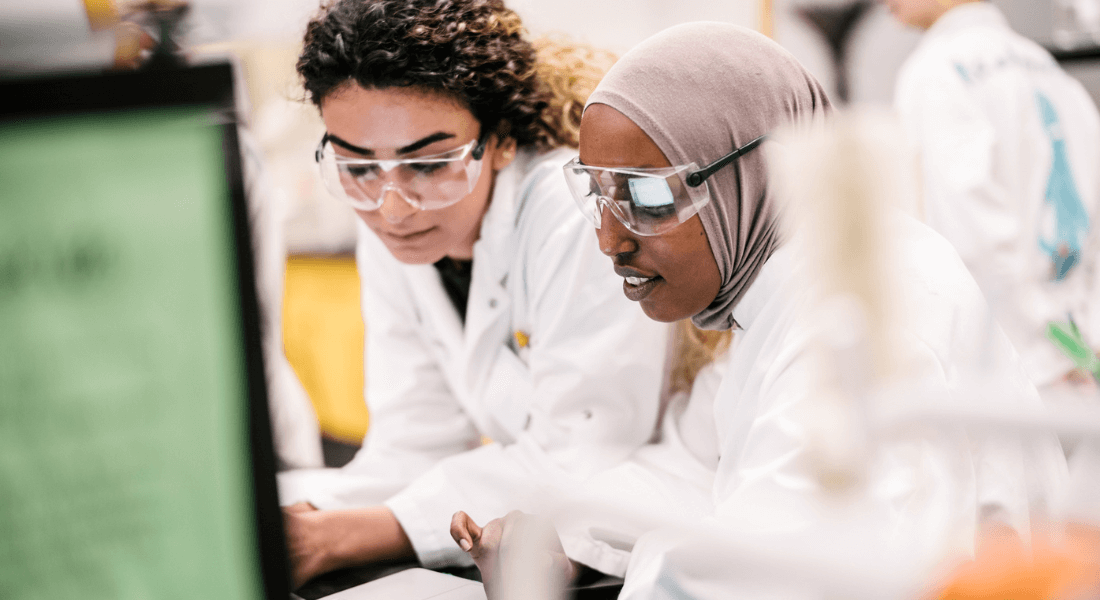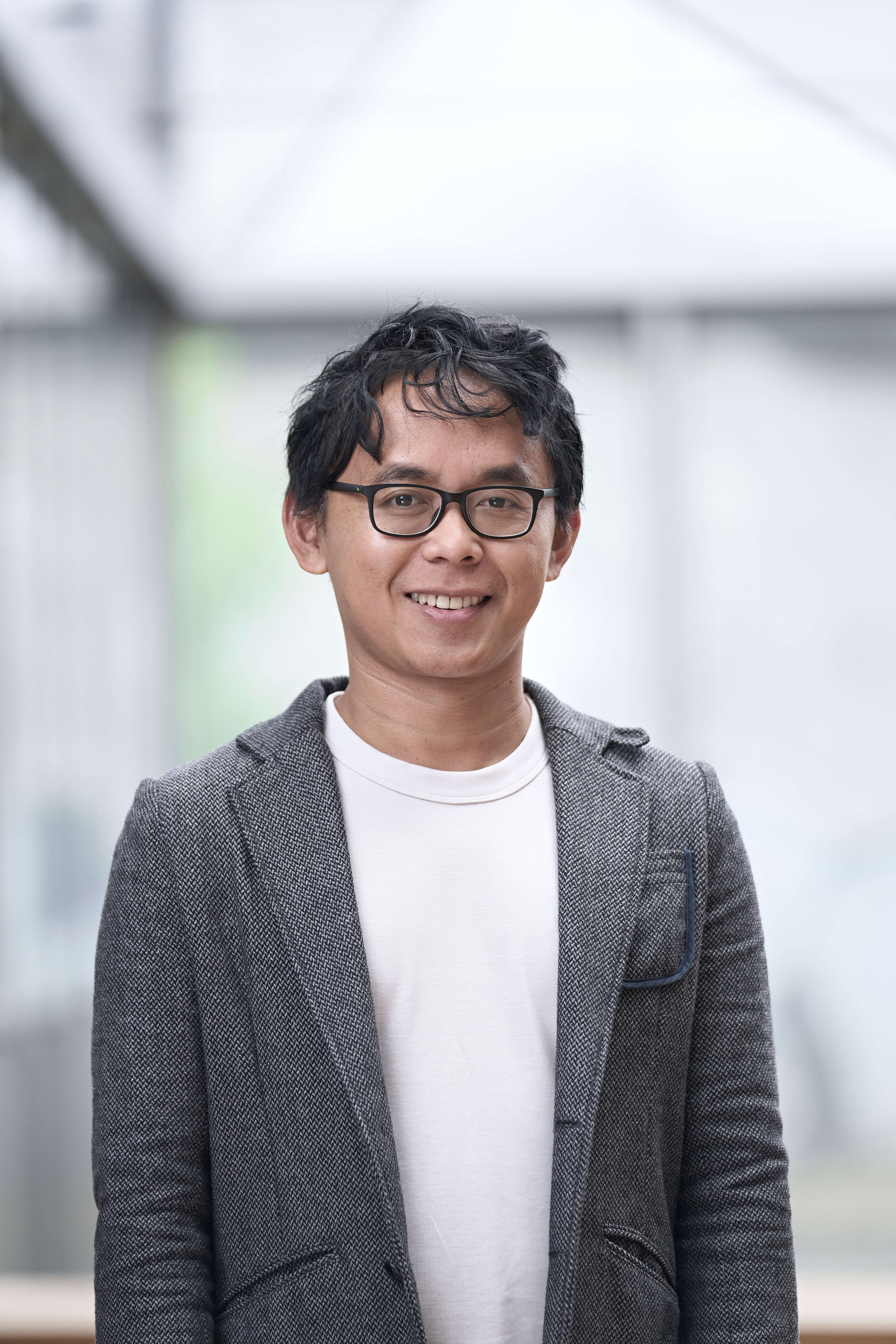Outcome of learning in the lab reaches far beyond subject matter
Students can learn a plethora of skills in the lab, that are also useful once the lab coat is off. Educators need to be aware of the potential.

It takes significant investment to establish a laboratory for teaching, and there has long been heated debate about whether it is worthwhile. Previous research has called for stronger evidence that laboratory teaching actually leads to learning.
New research from the University of Copenhagen shows that lab teaching gives students the opportunity to learn far more than Chemical theory.
"The lab is a challenging learning environment for students. But our research shows that there is a wide range of skills you can get out of it," said Hendra Agustian, assistant professor at the Department of Science Education.

Together with several other researchers from the University of Copenhagen, Hendra Agustian has just carried out a comprehensive systematic review of research into what students actually learn when teaching takes place between Bunsen burners and test tubes.
“The outcome of lab education reaches far beyond conceptual knowledge. We see that students learn a lot of skills that you also need outside of a lab – for instance cooperation and data handling,” said Hendra Agustian.
Clusters of learning
After analyzing 355 empirical studies, the research group has produced five clusters of learning that researchers have seen students get out of laboratory teaching.
The five clusters naturally cover the subject matter of, for example, chemical theory. But it also includes the ability to conduct and devise experiments, critical thinking and problem solving as well as the ability to cooperate and communicate. Finally, laboratory teaching can be a positive influence on parameters such as motivation and interest.
When lab teaching is designed however, it rarely happens with an eye for the breath of abilities that can be gained from lab education, Hendra Agustian explains.
“There is a general need for the different domains of learning to be better integrated when designing the teaching."
"It's difficult to separate the question of what students are learning from how they feel about teaching," he explains.
"The feeling of enthusiasm and amusement can influence learning and dedication to the profession – not least in a laboratory where there is a social aspect."
Broaden evaluation
There is also a need more broadly about what the students get out of the teaching when designing feedback and assessments-methods, the research team believes.
Despite the many dimensions of what students can take away from laboratory teaching, exam forms are often one-sided, said Hendra Agustian.
It's difficult to separate the question of what students are learning from how they feel about teaching,
"The practical, motor skills are often highlighted as the justification for laboratory teaching. But this is often not part of the ex-post evaluation at all."
Instead, examinations typically focus on theoretical knowledge.
"When practical skills are part of the curriculum in the lab, it should also be part of the evaluation. If the students are taught and try to develop some skills, they should also have feedback on how they are doing," siad Hendra Agustian.
Balancing the cookbook
In the last couple of years many lab educators have strived to minimize the use of cookbook like instructions, that describe how to set up and perform a particular experiment.
That is an important development because the cookbook approach is typically not enough for students to develop scientific thinking.
"We want laboratory education to teach students to design, carry out and analyze experiments in the laboratory – for themselves," said Hendra Y. Agustian
"But that won’t happen, if they only follow pre-designed protocols."
There is no need however to fully shelf the cookbook approach, the research project suggests.
"Before you can learn how to design an experiment from scratch, you need to learn the basic methods where you follow a prescribed protocol," said Hendra Y. Agustian.
"Therefore, there is a need for both the traditional tasks and more open experiments."
Contact
Hendra Agustian
Assistant professor
Department of Science Education, University of Copenhagen
hendra.agustian@ind.ku.dk
+4535334470
